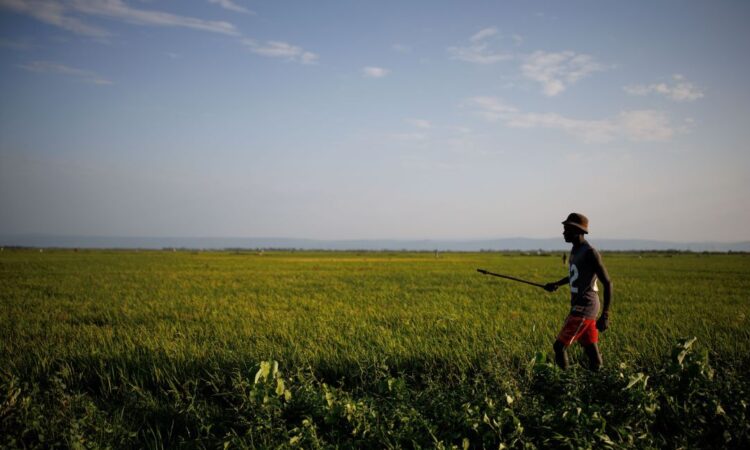
Milford Bateman
Having a major revenue stream from the oil and gas industry is naturally of benefit to Maricá, but in the longer term this benefit will disappear if not managed sensibly. Maricá officials appear to be willing to examine the many bad examples of mismanaging the wealth generated by such natural resource bounties.
One obvious example is that of Scotland. It had 60 percent of the North Sea oil, while 40 percent lay in Norway’s territory. The UK government centrally managing Scotland’s oil and gas sector favored private industry taking the lead in developing the sector and in creating benefits for the Grampian region, where the oil and gas sector was centered. A few institutions were created, but they were weak and ill-funded, and some were eventually closed down.
Crucially, the royalties were mainly used to fund the huge welfare payment bill arising from the extremely high level of unemployment created in the 1980s and ’90s by the ideologically driven Thatcher government’s forced closure of many of the most heavily unionized industries in the North of England, the Midlands, Scotland, and Wales. Norway’s government, on the other hand, adopted a decentralized, “institution-thick” approach. That approach was based on supporting regional R&D institutions capable of developing and introducing new technologies and new businesses linked to the oil and gas industry.
As the North Sea oil and gas boom is now coming to an end, one can compare the results. The benefits of the oil and gas find in the Grampian region of Scotland, and across Scotland and the UK as a whole, are barely discernible. Many of Scotland’s regions are slowly deteriorating, having derived little benefit from the oil and gas boom.
Norway, on the other hand, is now one of the world’s richest countries, with a high level of technological expertise in many oil- and gas-related areas and having developed many leading technology-based SMEs. And with its huge sovereign wealth fund to fall back on, the excellent progress can continue well into the future.
The politicians in Maricá wanted to figure out how they could use such oil and gas revenues to foster innovation and ensure a much higher level of social development. While President Lula, during his first term in office, introduced a well-regarded cash transfer program called Bolsa Família, the oil and gas royalties allowed Maricá to go even further. This was how they were able to establish an additional cash transfer program, which was then extended during COVID.
Crucially, Maricá has also established its own modest sovereign wealth fund in order to ensure that the key elements of the Maricá model can be maintained into the future. But the key here was the use of fintech in a way that benefited the entire citizenry.



